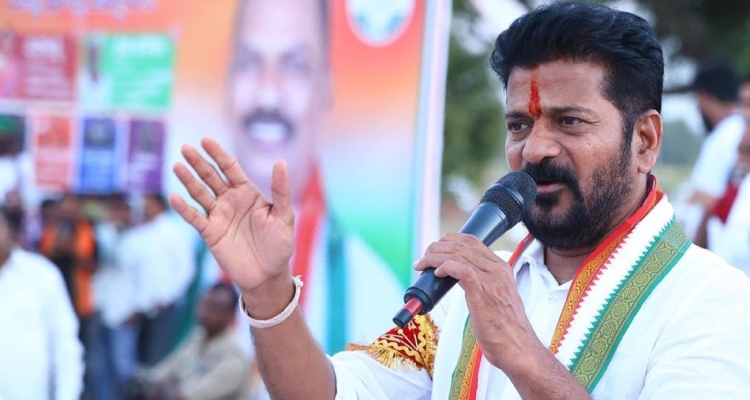
The Supreme Court announced on Thursday that it will appoint a special prosecutor to oversee the trial in the 2015 cash-for-vote scandal, involving Telangana Chief Minister A. Revanth Reddy as one of the accused.
The decision came during a hearing on a petition that requested the trial be moved from Telangana to Bhopal.
A bench consisting of Justices B. R. Gavai, P. K. Mishra, and K. V. Viswanathan stated that they would consult with colleagues from Telangana and issue an order by 2 pm. The petitioners, including Bharat Rashtra Samithi (BRS) MLA Guntakandla Jagadish Reddy, argued that the trial should be transferred due to public statements made by the Telangana Chief Minister about the case.
Senior advocate C. Aryama Sundaram, representing the petitioners, emphasized that Revanth Reddy, who is also the state’s Home Minister, could influence the trial. He cited the principle of natural justice, arguing, “There is a rule of natural justice that no person should be a judge in his own cause.”
In response, the bench indicated that they would appoint an independent public prosecutor to ensure an unbiased trial. The case dates back to May 31, 2015, when Revanth Reddy, then with the Telugu Desam Party, was caught by the Anti-Corruption Bureau while allegedly attempting to bribe nominated MLA Elvis Stephenson with ₹50 lakh in exchange for support in the legislative council elections. Others involved in the case were also arrested but later released on bail.
The petition for transferring the trial to Bhopal argues that a fair trial is essential under Article 21 of the Constitution, which guarantees the right to an impartial and unbiased criminal trial. It claims that Revanth Reddy’s current positions as Chief Minister and Home Minister give him the power to influence witnesses and officers, potentially jeopardizing the integrity of the trial.
Additionally, the plea has called for the transfer of another related case from a Telangana court to Bhopal. On January 5, the Supreme Court postponed the hearing of a separate petition by Revanth Reddy challenging a high court ruling that upheld the ACB court’s jurisdiction in the case.
In July 2015, the ACB filed a chargesheet against Revanth Reddy and others under the Prevention of Corruption Act and for criminal conspiracy. The charges were supported by audio and video recordings, as well as the recovery of the ₹50 lakh advance payment.




